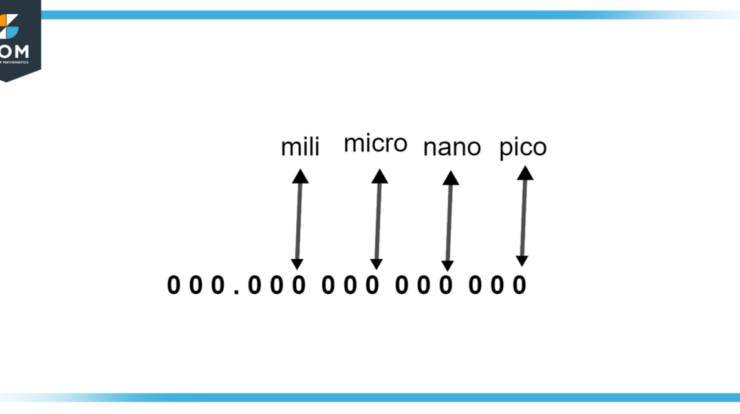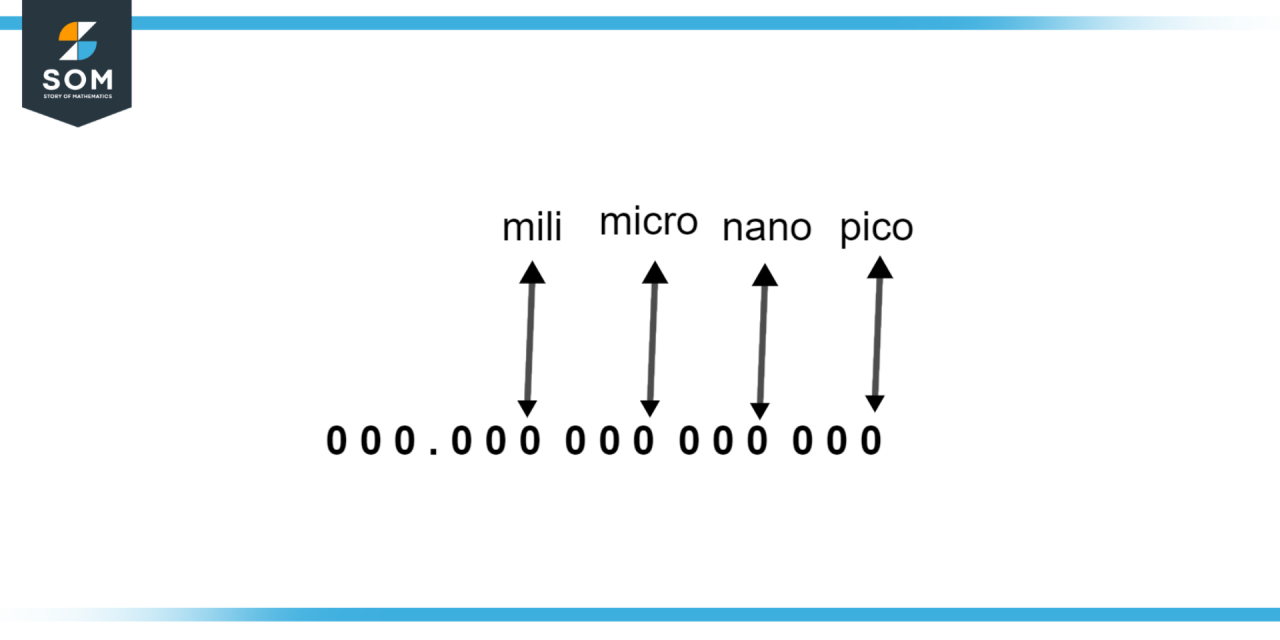
Micro definition – The term “micro” has become ubiquitous in various fields, from science and technology to culture and society. This article delves into the comprehensive definition of “micro,” exploring its etymology, implications, and applications across diverse disciplines.
From microorganisms that play crucial roles in ecosystems to microprocessors that power our digital devices, the concept of “micro” holds immense significance in shaping our understanding of the world around us.
Definition and Meaning of Micro
The term “micro” originates from the Greek word “mikros,” meaning “small” or “little.” It is commonly used as a prefix to denote smallness or a focus on a minute scale.
In various contexts, “micro” can have different connotations and implications:
- In science and technology, “micro” refers to phenomena or devices that operate on a very small scale, often involving microscopic or submicroscopic dimensions.
- In computing and electronics, “micro” pertains to the miniaturization of components and the development of microprocessors and microelectronics.
- In biology and medicine, “micro” encompasses microorganisms, such as bacteria and viruses, and their roles in ecosystems and medical research.
- In culture and society, “micro” can refer to the influence of small-scale factors or the concept of micro-communities and micro-influencers.
Micro in Science and Technology: Micro Definition
In scientific and technological fields, “micro” signifies the exploration and understanding of phenomena at the microscopic or submicroscopic level.
Examples of micro-level phenomena include:
- The behavior of atoms and molecules
- The interactions between cells and microorganisms
- The development of micro-machines and micro-robots
Micro-technologies have revolutionized various industries and research areas, including:
- Manufacturing
- Healthcare
- Energy
- Environmental science
Micro in Computing and Electronics
In computing and electronics, “micro” is associated with the miniaturization of components and the development of microprocessors.
Microprocessors are the central processing units (CPUs) of computers, responsible for executing instructions and performing calculations.
Microelectronics involves the fabrication and use of electronic devices on a very small scale, such as transistors and integrated circuits.
The advancements in micro-sized devices have led to the development of:
- Smartphones
- Laptops
- Wearable technology
Micro in Biology and Medicine
In biological and medical contexts, “micro” refers to the study of microorganisms, such as bacteria, viruses, and fungi.
Microorganisms play crucial roles in ecosystems, including:
- Decomposition
- Nutrient cycling
- Symbiotic relationships
Microorganisms are also used in medical research and biotechnology, including:
- Developing antibiotics and vaccines
- Genetic engineering
- Bioremediation
Micro in Culture and Society
In culture and society, “micro” can refer to the influence of small-scale factors or the concept of micro-communities and micro-influencers.
Micro-influencers are individuals with a small but highly engaged following on social media platforms.
Micro-communities are small, tightly knit groups of individuals who share common interests or experiences.
The term “micro” in these contexts highlights the importance of small-scale factors and the impact they can have on larger systems.
Micro- and Macro- Perspectives
The concepts of “micro” and “macro” are often used to describe different perspectives on complex systems.
The micro-perspective focuses on the individual components or elements of a system, while the macro-perspective examines the system as a whole.
Both micro and macro perspectives are important for understanding complex systems, as they provide different insights into the system’s behavior.
Examples of Micro
| Context | Example | Description |
|---|---|---|
| Science | Microorganisms | Bacteria, viruses, and fungi that are too small to be seen with the naked eye |
| Technology | Microprocessor | The central processing unit (CPU) of a computer |
| Biology | Microbiome | The community of microorganisms that live in a particular environment |
| Medicine | Microscopy | The use of microscopes to study small objects |
| Culture | Micro-influencer | An individual with a small but highly engaged following on social media |
| Society | Micro-community | A small, tightly knit group of individuals who share common interests or experiences |
Final Summary

In conclusion, “micro” is a multifaceted term that encompasses a wide range of meanings and implications. It underscores the importance of both micro and macro perspectives in gaining a holistic understanding of complex systems. As technology continues to advance and our understanding of the world evolves, the concept of “micro” will undoubtedly continue to play a pivotal role in shaping our future.
Expert Answers
What is the origin of the word “micro”?
The word “micro” originates from the Greek word “mikros,” meaning “small” or “little.”
What is the significance of “micro” in science and technology?
“Micro” plays a crucial role in science and technology, as it represents phenomena and devices on a small scale. Micro-level research has led to advancements in fields such as microelectronics, biotechnology, and nanotechnology.
How does “micro” impact culture and society?
“Micro” has cultural and societal implications, including the rise of micro-influencers on social media and the emergence of micro-communities that foster close-knit relationships.





